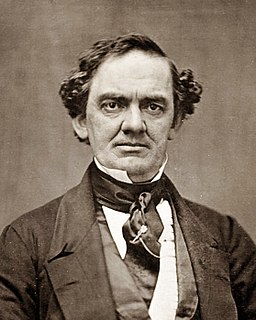A Quote by Samuel Johnson
No weakness of the human mind has more frequently incurred animadversion, than the negligence with which men overlook their own faults, however flagrant, and the easiness with which they pardon them, however frequently repeated.
Related Quotes
The directors of such companies, however, being the managers rather of other people's money than of their own, it cannot well be expected, that they should watch over it with the same anxious vigilance with which the partners in a private copartnery frequently watch over their own.... Negligence and profusion, therefore, must always prevail, more or less, in the management of the affairs of such a company.
Even in a jungle, lovely flowers will spring up here and there, such being the fecundity of nature, and however badly our pastors and masters run our society, however much they pull to pieces that which they claim to be keeping intact, nature remains fecund, human beings are born with human traits, sometimes human strength outweighs human weakness, and human grace shows itself amid human ugliness. ‘In the bloodiest times,’ as our play has it, ‘there are kind people.’
A free mind is one which is untroubled and unfettered by anything, which has not bound its best part to any particular manner of being or worship and which does not seek its own interest in anything but is always immersed in God's most precious will. . . . There is no work which men and women can perform, however small, which does not draw from this its power and strength.
All of us, I suspect, imagine that a world exists from which we alone have been excluded; all of us have our noses pressed against the glass. But if we contemplate our own lives, not the phantom life on the other side, we might find things in them to envy-a family that’s intact; a job we like; excellent health (the thing we take for granted and on which all happiness depends). Good fortune is there, however sporadic, however modest, however difficult to achieve. The trick is to recognize it.





































